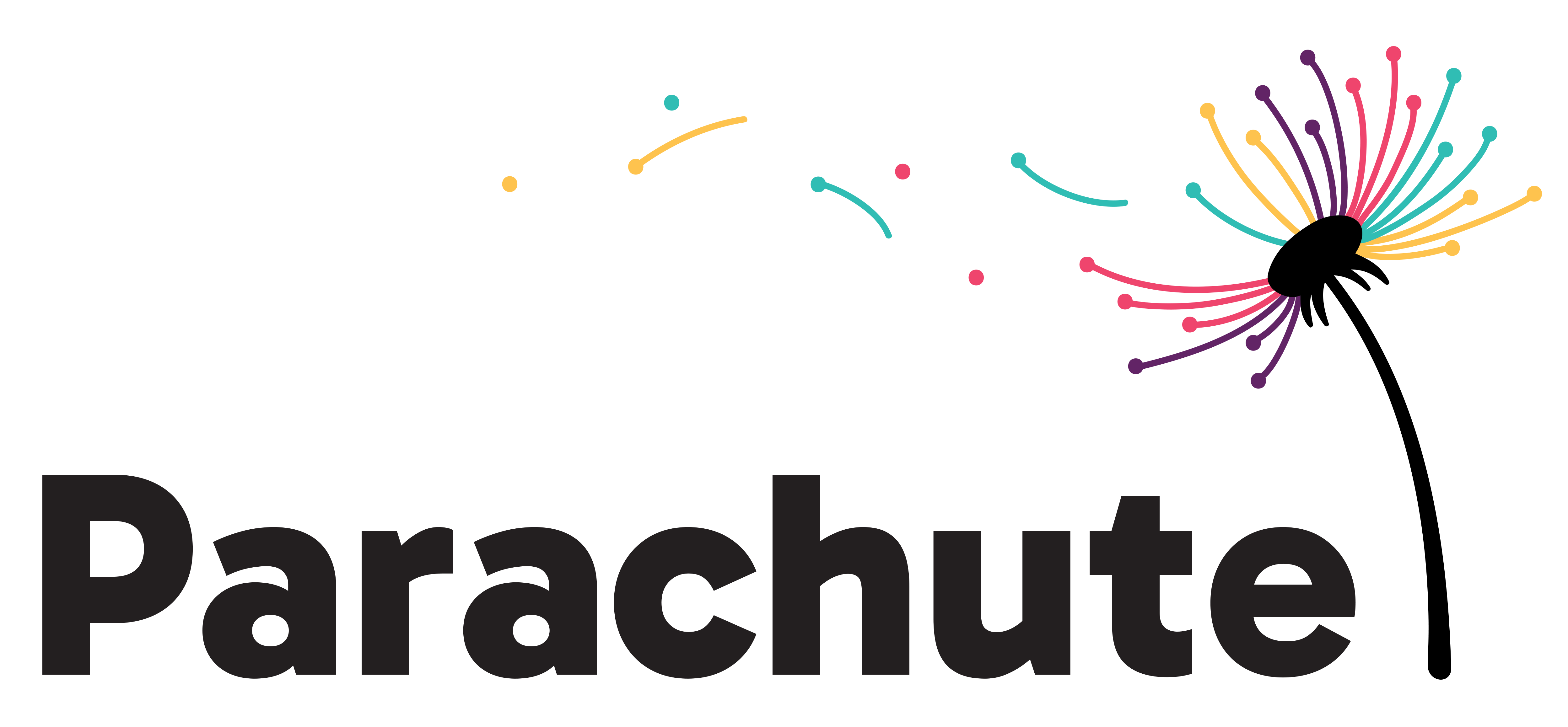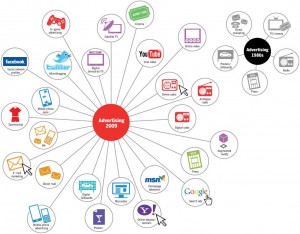Digital marketing/ online marketing has grown considerably in the last decade between 2000 and 2010. In the early noughties, online marketing used to just mean websites in any form, some email marketing, paid search or PPC (driven largely by Yahoo Search Marketing in the Australian market), and display banner ads – which were the biggest form of online marketing in Australia at the time.
There had been some progressive e-commerce models that proved successful for online marketers but in general the mass public was not yet comfortable transacting online and and entering their personal and credit card details. Most important during the early 2000’s were the emergence of some pretty cool reporting abilities – at least compared to the existing traditional marketing measurement tools such as post analysis brand tracking and focus group research.
As the decade from 2000 to 2010 progressed, digital media publishers and many transactional businesses went online bringing us pioneering auction websites like eBay and everyday online banking with secure and trusted payment transactions. Social Networking launched but without the buzz and mass take up in the form of YouTube and online personal profiles such as MySpace and professional and industry networking in the form of LinkedIn. Instant messaging from MSN and Yahoo! Was the next phenomenon and now we have Skype. Remember when we had to use calling cards when travelling overseas and wanting to call home?
By the late 2000’s we thought we already had so much cool stuff.
In 2011, standard digital media strategies and online marketing campaigns now must include search engine optimization (SEO), real time digital media buying through affiliate and performance networks that focus on lead generation, acquisition and conversion because the online market has shifted and advertisers now expect real value for their digital media dollars rather than the traditional publisher model where advertiser much buy a space and just hope it worked. Social Networking and other social media channels are now cemented as mainstream – engagement content marketing channels such as blogs, video streaming, images and pictures as media, RSS feeds, podcasts and mobile & Bluetooth. Seriously, I can’t even imagine where to from here.
With all of these “new media” there is a lack of understanding on how to measure and report on it. What metrics are important and what aren’t. Web analytics and real time reporting such as Google Analytics has made sophisticated online reporting available to us all, for free. We now have no excuse not to understand and relate to our online audiences better.
I love using web analytics to prove to my clients how effective online marketing can be. Similarly, if a digital media channel is not performing, it is equally easy for my client to see clearly why it didn’t work, make some optimisations to try and improve it and sometimes, it simply doesn’t work, no matter how hard I try to make it. Like any traditional marketing and advertising there is still a need for good messaging, a good offer and good creative, not to mention the media placement and how relevant it is to the intended audience.
The next decade (2011-2020) will bring with it mobile marketing and mobile media buying, the semantic web which will continue to evolve how we use social media and peer reviews, improved data transparency and I predict many companies will start to release their data for all to see as multi-media mash-ups as a new way to create engaging online advertising campaigns. And with the rise of the variety of portable devices such as iPad tablets and smartphones, we will surely see an increase in location based marketing and cross-channel communications and advertising campaigns.
I don’t see any of the existing digital marketing and online media channels disappearing just yet, but I know more is coming and I’m excited but the key to success in online marketing will still be relevance.


Great read regarding an overview of the usage of online marketing channels nowadays and their benefits for continued business success. Thanks for this.